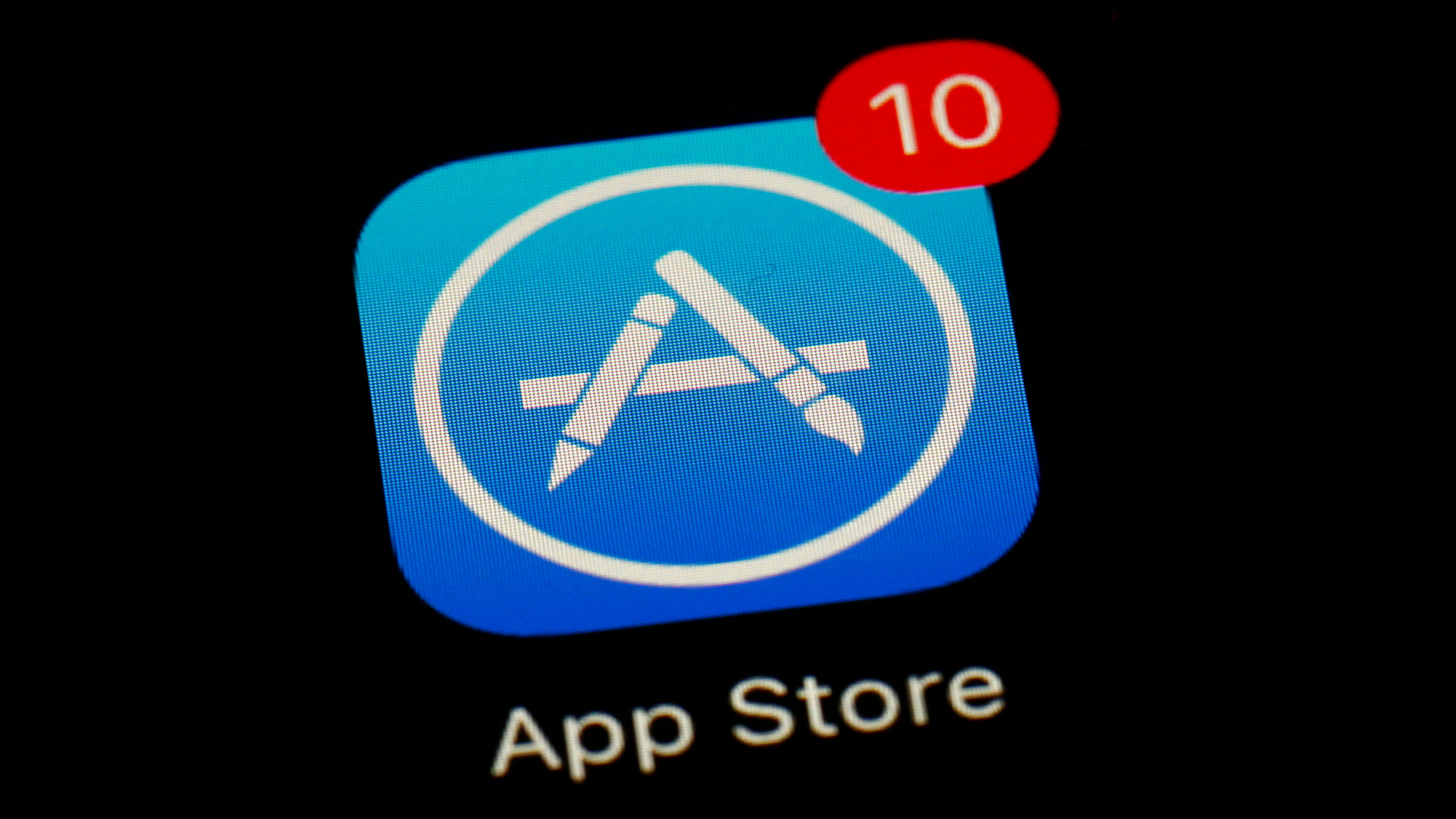App Store Showdown: Court Deals Apple a Decisive Blow, Mandates Market Openness

In a landmark legal battle that has captivated the tech world, Apple suffered a significant blow as a court decisively ruled against the tech giant in an antitrust lawsuit spearheaded by Epic Games, the creative minds behind the wildly popular video game Fortnite. The ruling represents a potential game-changer for app developers worldwide, challenging Apple's long-standing App Store policies and potentially reshaping the digital marketplace.
Epic Games, known for its innovative approach to both gaming and digital rights, has been at the forefront of challenging Apple's restrictive ecosystem. The court's decision marks a critical moment for developers who have long argued that Apple's App Store practices stifle competition and innovation. This verdict could open the door to more flexible and competitive app distribution models, giving developers greater freedom and consumers more choices.
The ruling sends a powerful message about the importance of fair competition in the digital marketplace, potentially setting a precedent that could transform how major tech platforms operate their app ecosystems. For app developers, this could mean increased opportunities and reduced barriers to entry in the increasingly competitive world of digital applications.
